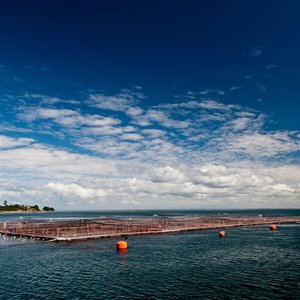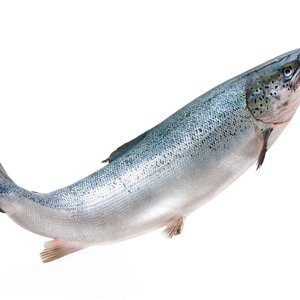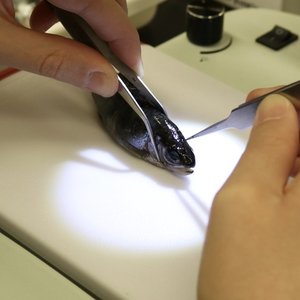Abstract
Caribbean aquaculture production accounts for less than one percent of the world’s aquaculture and culture efforts are directed mainly towards non-native species such as tilapia. This situation, where the application of foreign culture operations using exotic species predominates, may entrain potentially irreversible environmental impacts. It is recognized that the growth of the aquaculture sector in the Caribbean Region is due in part to the lack of technical expertise, infrastructure, capital investment and human resources. The pooling of resources among countries is proposed through the establishment of a regional facility. For this reason, the establishment of a “regional shellfish hatchery” focusing on native species is assessed based on the interest of Caribbean countries, the culture potential of native species and the available technical knowledge on identified target species.
The engagement of the governments of the Region in the development of a regional shellfish hatchery concept was first assessed through a brief questionnaire distributed by the Aquaculture Service (FIRA), Department of Fisheries and Aquaculture of the Food and Agriculture Organization of the United Nations (FAO) to 33 countries in 2009. Responses were received from 21 countries. Of these, 11 are islands of the Caribbean, while the other ten are continental countries bordering the Caribbean Sea. Of the total number of responses received, 14 expressed a definite interest in the concept. The responses confirmed the dominance of exotic species cultured and the overall interest in investigating the culture of native molluscan species. A list of 22 target species was drawn based on responses from the countries of the Region, including gastropods, crustaceans, bivalves (scallop, clams, oyster and mussels), echinoderms (three species of sea urchins) and one cephalopod (the common octopus). Sea cucumbers were added to this list at a later date due to the strong interest expressed by a number of participants.
A first insight into the current and potential demand for targeted native species was obtained through the assessment of the market demand and supply in the island countries of the Caribbean. The annual per capita total seafood consumption for the 18 countries investigated in the market study averages 10.8 kg and mollusc consumption itself averaged 0.5 kg per capita in 2007 or 18 817 tonnes in live weight equivalent per year. It appears that, although shellfish species are not generally associated with high consumption by locals in the Caribbean at present, the trend for mollusc consumption (other than cephalopod) is positive in many countries; this, coupled with tourism consumption, suggests the potential for an increased demand in shellfish/molluscan species and a potential niche for native species.
A number of issues associated with the development of a regional hatchery facility have been identified and require careful consideration. Based on this, four main topics were discussed in details: 1) prioritizing target species as culture candidates; 2) establishing operational hatchery protocols; 3) selecting a suitable site; 4) ensuring sustainability based on a sound business plan; and 5) funding the implementation and operation of the regional hatchery. Interested Caribbean Governments gathered in Jamaica (18–21 October 2010) to address these issues; ten governments were represented from island and bordering countries discussing possibilities based on information provided by experts of the Region. Five key recommendations emerged from this workshop, providing the framework for the implementation of a regional facility.
Authors
Alessandro Lovatelli
Aquaculture Service
FAO Fisheries and Aquaculture Department Rome, Italy
and
Samia Sarkis
Department of Conservation Services Flatts, Bermuda
Publication
FAO Regional Technical Workshop 18–21 October 2010
Kingston, Jamaica
Click link below to download PDF.
a-regional-shellfish-hatchery-for-the-wider-caribbean-assessing-its-feasibility-and-sustainability







